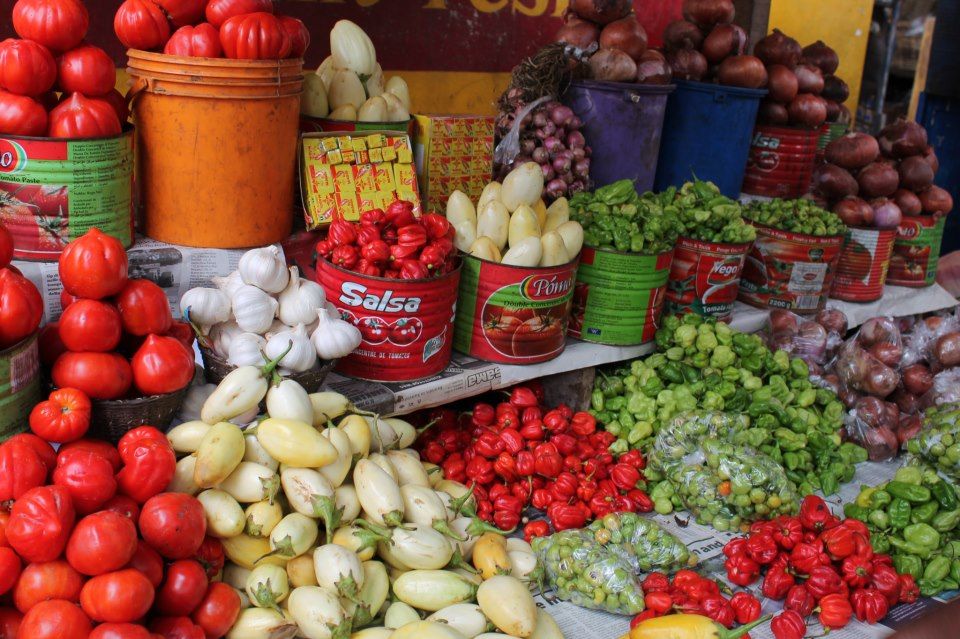Food insecurity is concentrated in the five northern regions in the country, comprising, Upper East (48.7%); North East (33%); Northern (30.7%); Upper West (22.8%); and Savannah (22.6%).
These are findings from the 2020 Comprehensive Food Security and Vulnerability Analysis (CFSVA), implemented by the Ghana Statistical Service (GSS) in collaboration with the Ministry of Food and Agriculture (MOFA), with financial and technical assistance by World Food Programme and Food and Agricultural Organisation of the United Nations.
According to Emmanuel Wullingdool, an Agriculture Consultant who doubles as the Executive Director for the Centre for Women in Agriculture and Nutrition (CWAN), farmers in the northern Ghana have only one farming season. After this, the farmers have to wait for another season before they can begin intensive farming. This coupled with the irregular rainfall pattern affects production and thus food security.
Mr. Wullingdool who spoke on A1 Radio’s Daybreak Upper East explained that, even though the rainfall pattern could be blamed for the food insecurity in Northern Ghana, another factor is post-harvest losses.
He stated, “if you take the five regions of the North, we have a very shot rainfall starting from June and it goes all the way to October and you have the months of the rest of the year with no rainfall so this translates to no production as well. So it means what we produced in the short rainfall season is what we live on for the rest of the months”.
Speaking on other factors of food insecurity, Mr. Wulindool stressed that, “post-harvest losses is also one of the major drivers of food insecurity, if you take some of the perishables, let’s take watermelon. You will note that at the point of harvesting watermelon we usually have so much of it that most farmers find it difficult to even get market for people to buy it, Tomatoes is another example. You will have so much at a point in time and within a short time people are looking for and they cannot get”.
Mr. Wullingdool believed it will take more rigorous measures by the government to ensure that, there are enough warehouses and other storage facilities for short-term farm produce and also for long-term produce.
A1radioonline.com|101.1 MHz|Kennedy Zongbil|Bolgatanga|Ghana


